Best Practices Articles

Future Trends for Partner Portal Software
If you are selling through the channel, it is probably safe to assume that you have a partner portal. There’s nothing ground-breaking about that. However, this is 2016. Do you know when your partner portal was built and with what technologies? Why does it matter? Well, do you still use a typewriter? I doubt it—typewriters are obsolete. So why would anyone want to use a partner portal built on obsolete software? I’ll have more to say on that later, but before we get into the weeds here, let’s step back for a second and look at the history of partner portals and how they have been built over the years.
Past (1985 to 2000)
If you were selling through the channel in 1990s, chances are you had an extranet whose purpose was to provide your partners with access to price lists, datasheets, collateral, etc. so that they wouldn’t have to wait for printed materials to arrive. The partner portal software was very basic. Actually, it was essentially a website with external login capabilities connected with some sort of a directory systems that mapped users. That’s about it.
Now, during this phase a few companies like Channelware (which actually coined the term “partner relationship management”), Channel Wave and Blue Roads raised millions of dollars in funding to create more sophisticated and functional portals, but they eventually went out of business due to lack of business adoption, lack of complete solution sets, high prices, complicated deployment and a lack of a full web services infrastructure. So despite the fact that several organizations had the right idea, the market was not ready for widespread adoption—or one could argue these companies couldn’t supply what the market needed at that point with their versions of a partner portal software solution.
Present (2000 - 2015)
Most companies who started in the late 1990s to build and develop partner portal software were not successful and shut down by early to mid-2000s. However, with the explosion of Internet-related businesses in the dot-com boom and the proliferation of enterprise application companies, point solution products tied to incentives management, rewards, rebates, etc. started to evolve. Companies selling through the channel realized that they could use their customer relationship management (CRM) platform to automate some of the workflow as well. So naturally, due to lack of any integrated end-to-end solutions, companies started to patch together partner portal software of various types.
However, this patchwork of discrete point solutions created complexity, made the partner experience less than desirable, and made the total cost of ownership unbearable for organizations selling through the channel. Also, due to long buying cycles—and given the past failures of other vendors—very few new vendors for partner portal software entered the marketplace. Most players in the partner portal software space today are left over from the second wave of patched-up solutions and very few have a truly complete vision of what the future of partner portal software will look like.
Future (2015-2030)
Nils Bohr, a Nobel laureate in physics, was once quoted as saying, “Prediction is very difficult, especially if it’s about the future.” Well, we have also heard that the best way to predict the future is to create it. So I’d like to talk about what we at ZINFI believe about the future of partner portal software and what we are doing to create that future. We believe the future of partner portal software requires seven MAGICAL elements. The partner portal software of the future will be…:
- Modular: That’s because enterprises are not going to rip and replace their entire infrastructure, and because there will be very few companies who can compete without a fully end-to-end automation platform in place.
- Adaptive: As companies turn on different modules of the partner portal software, these modules have to fit into an existing infrastructure and have to adapt to data flows on both PC and mobile platforms.
- Global: Whatever partner portal software is selected for deployment, it will necessarily have to accommodate a global infrastructure, including things like European data privacy laws and the regulations of various countries.
- Intelligent: The customer will need to be able to learn more about what works and doesn’t work in their channel management approach by understanding and analyzing the intelligence that is provided by the analytical engine of the partner portal software.
- Comprehensive: Eventually, when all of the modules are turned on, the software will automate the entire channel marketing process from end to end, and it will manage the process through a unified, integrated approach.
- Affordable: Of course these deployments will have to be priced competitively, and it will also have to be possible for growing enterprises to deploy cost-effectively. Therefore, the total cost of ownership will have to be clearly visible and the return on investment must arrive within a few months instead of years.
- Localized: Because deployment is comprehensive and global, it is essential that the entire experience be localized in multiple languages—not only to make it easy for vendors to do business with partners but also to make sure that portal content is relevant and responsive.
Best Practices Guidebook
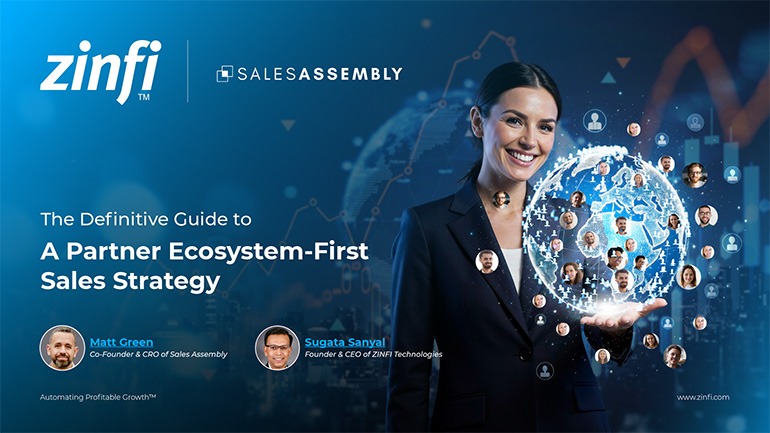 Definitive Guide to a Partner Ecosystem-First Sales Strategy
Definitive Guide to a Partner Ecosystem-First Sales StrategyDownload for FREE
 The Partner-Led Digital and AI Transformation Best Practices
The Partner-Led Digital and AI Transformation Best PracticesDownload for FREE
 Startup Talent Recruitment: Hiring Missionaries, Not Mercenaries
Startup Talent Recruitment: Hiring Missionaries, Not MercenariesDownload for FREE
 The Future of Partner Relationship Management with AI in Partnerships
The Future of Partner Relationship Management with AI in PartnershipsDownload for FREE
 Cybersecurity for the 99%: Strategies from the Frontline
Cybersecurity for the 99%: Strategies from the FrontlineDownload for FREE
 Mastering Partner Relationships: A Strategic Approach to Business Growth
Mastering Partner Relationships: A Strategic Approach to Business GrowthDownload for FREE
 The Smart Manufacturing Playbook: Industry 4.0 Transformation
The Smart Manufacturing Playbook: Industry 4.0 TransformationDownload for FREE
 Mastering Partner Relationship Management: Keys to SaaS Channel Success
Mastering Partner Relationship Management: Keys to SaaS Channel SuccessDownload for FREE
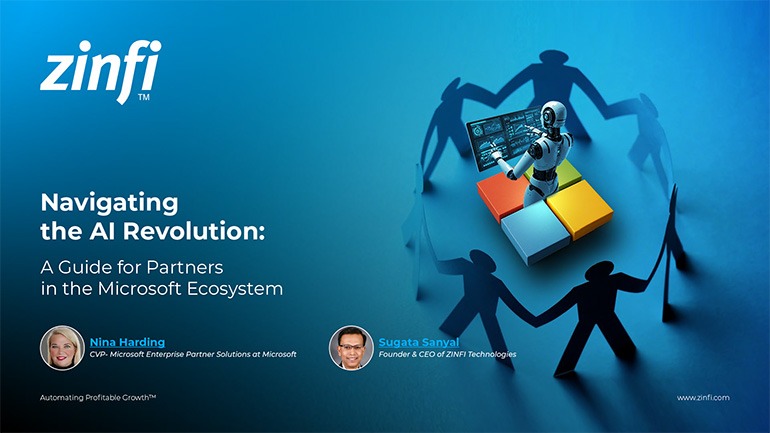 Navigating the AI Revolution: Guide for Partners in the Microsoft Ecosystem
Navigating the AI Revolution: Guide for Partners in the Microsoft EcosystemDownload for FREE
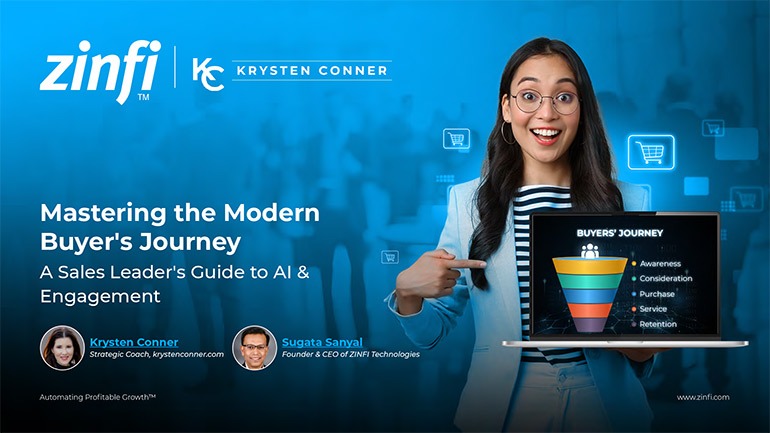 Mastering the Modern Buyers Journey: Sales Leader’s Guide to AI & Engagement
Mastering the Modern Buyers Journey: Sales Leader’s Guide to AI & EngagementDownload for FREE
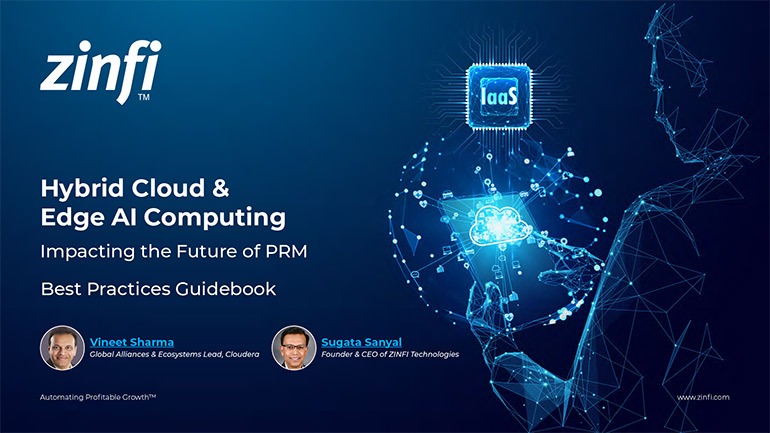 Hybrid Cloud and Edge AI Computing Impacting the Future of PRM
Hybrid Cloud and Edge AI Computing Impacting the Future of PRMDownload for FREE
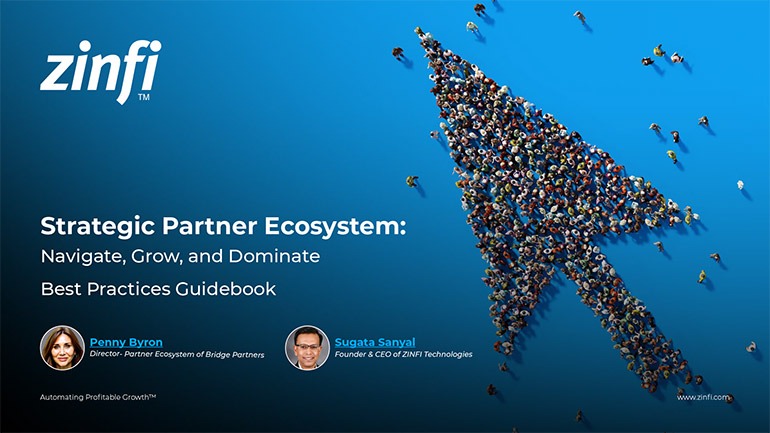 Strategic Partner Ecosystem: Navigate, Grow, and Dominate
Strategic Partner Ecosystem: Navigate, Grow, and DominateDownload for FREE
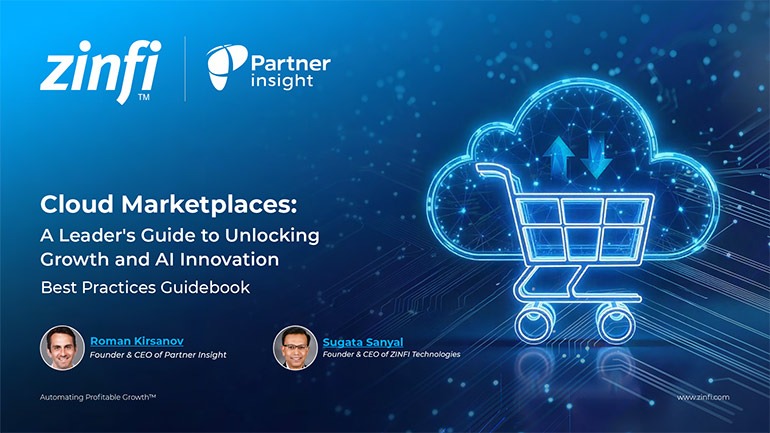 Cloud Marketplaces: Leader’s Guide to Unlocking Growth and AI Innovation
Cloud Marketplaces: Leader’s Guide to Unlocking Growth and AI InnovationDownload for FREE
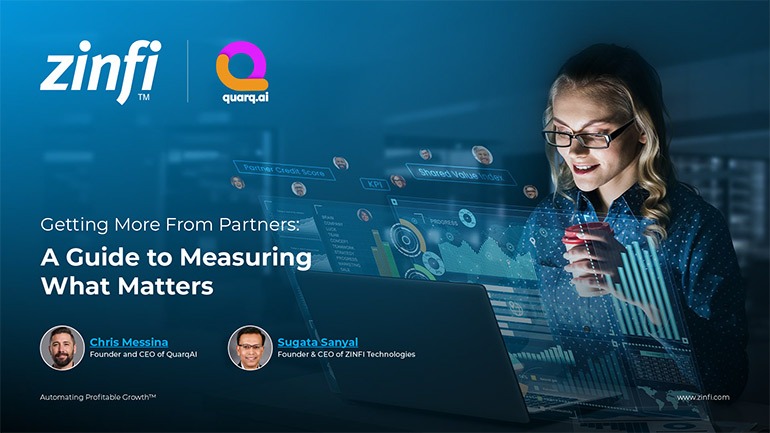 Getting More From Partner Performance: Guide to Measuring What Matters
Getting More From Partner Performance: Guide to Measuring What MattersDownload for FREE
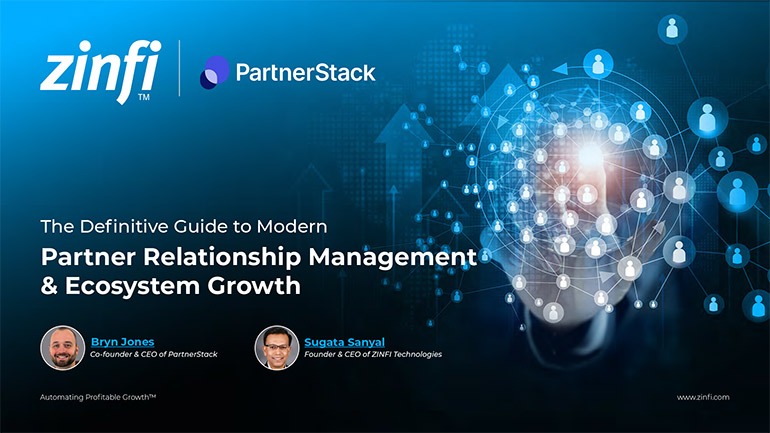 Guide to Modern Partner Relationship Management & Ecosystem Growth
Guide to Modern Partner Relationship Management & Ecosystem GrowthDownload for FREE
 Debunking the Entrepreneurship Myth Best Practices
Debunking the Entrepreneurship Myth Best PracticesDownload for FREE
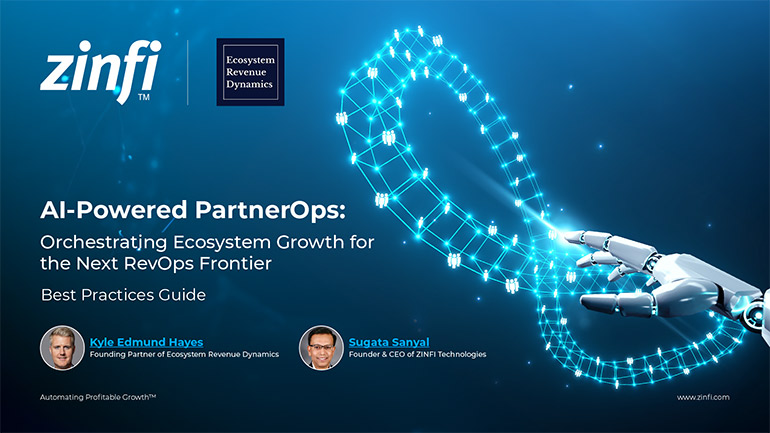 AI-Powered PartnerOps: The Next RevOps Frontier Best Practices
AI-Powered PartnerOps: The Next RevOps Frontier Best PracticesDownload for FREE







